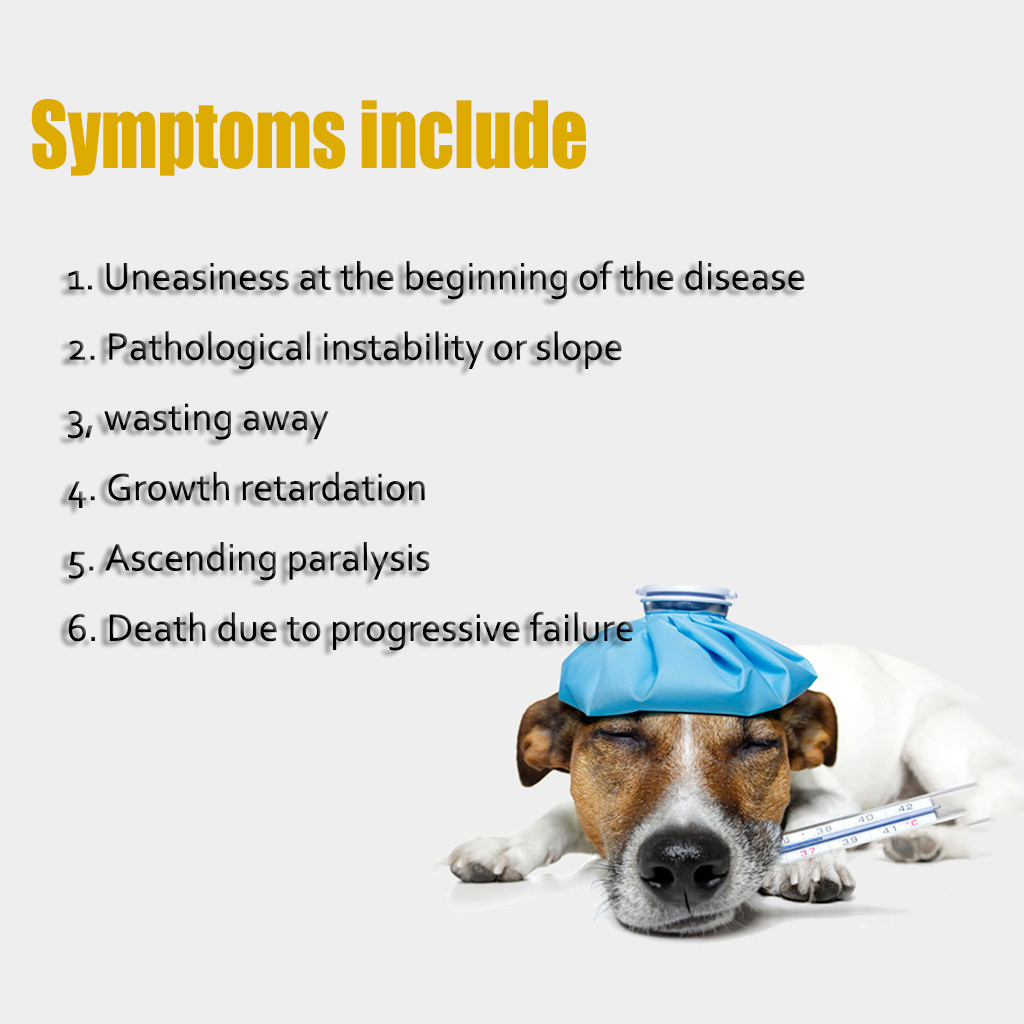Ultimate Guide: How to Get Rid of Fleas on Pets Naturally and Effectively
Guide or Summary:Understanding Fleas and Their Impact on PetsSigns of Flea InfestationNatural Remedies for Flea RemovalPreventative MeasuresConsulting a Vet……
Guide or Summary:
- Understanding Fleas and Their Impact on Pets
- Signs of Flea Infestation
- Natural Remedies for Flea Removal
- Preventative Measures
- Consulting a Veterinarian
**Translation of "how to get rid of fleas on pets":** 如何消灭宠物身上的跳蚤
---
Understanding Fleas and Their Impact on Pets
Fleas are tiny, wingless insects that can cause significant discomfort to pets, including dogs and cats. They thrive in warm, humid environments and can quickly infest your home. Understanding how to get rid of fleas on pets is crucial for ensuring their health and comfort. Fleas feed on your pet's blood, leading to itching, scratching, and even skin infections. In some cases, fleas can transmit diseases to pets and humans alike, making it essential to address any infestations promptly.
Signs of Flea Infestation
Before you can effectively tackle the problem, it's important to identify whether your pet has fleas. Common signs include excessive scratching, biting at the skin, hair loss, and the presence of flea dirt (small black specks) in your pet's fur. If you notice these symptoms, it's time to take action and learn how to get rid of fleas on pets.

Natural Remedies for Flea Removal
There are several natural remedies that can help you get rid of fleas on pets without resorting to harsh chemicals. Here are some effective methods:
1. **Apple Cider Vinegar:** Mix equal parts of apple cider vinegar and water in a spray bottle. Lightly spray your pet's coat, avoiding their eyes, to repel fleas. The strong smell of vinegar is unappealing to fleas.
2. **Diatomaceous Earth:** This natural powder can be sprinkled on your pet's bedding and around your home. It works by dehydrating and killing fleas. Ensure you use food-grade diatomaceous earth to keep your pets safe.
3. **Essential Oils:** Certain essential oils, such as lavender, cedarwood, and lemon, can repel fleas. Mix a few drops with a carrier oil and apply it to your pet’s collar or bedding. Always consult with a veterinarian before using essential oils, as some can be harmful to pets.

4. **Regular Bathing:** Bathing your pet with a mild soap can help remove fleas and their eggs. Make sure to rinse thoroughly and follow up with a flea comb to catch any remaining pests.
Preventative Measures
Once you've successfully removed fleas from your pets, it's important to take steps to prevent them from returning. Here are some preventative measures:
- **Regular Grooming:** Regularly brushing your pet helps remove any fleas and their eggs. Use a flea comb to catch any that might be hiding in their fur.
- **Maintain a Clean Environment:** Vacuum your home frequently, especially in areas where your pets spend time. Wash your pet's bedding in hot water to eliminate any potential flea eggs.

- **Outdoor Control:** If your pets spend time outdoors, consider creating a flea-free zone in your yard. Keep grass trimmed, and remove any debris where fleas might thrive.
Consulting a Veterinarian
If your pet is suffering from a severe flea infestation or if natural remedies aren't providing relief, it's important to consult a veterinarian. They can recommend effective treatments, including topical solutions, oral medications, and flea collars that are safe for your pet.
Learning how to get rid of fleas on pets is essential for keeping them healthy and comfortable. By understanding the signs of infestation, utilizing natural remedies, and implementing preventative measures, you can protect your furry friends from these pesky pests. Remember, if the problem persists, seeking professional help is always a wise decision. Your pet's well-being is worth the effort!